When Teaching Makes You Cry
There’s something about teaching that makes you cry. Joy. Feeling overwhelmed. Breakthroughs. Failures. There’s a lot going on in any moment.
There’s something about teaching that makes you cry. Joy. Feeling overwhelmed. Breakthroughs. Failures. There’s a lot going on in any moment.
25 Random Thoughts About Teaching & Learning by Terry Heick The picture? It’s Spring, and I missed the sun. On to the random thoughts… That #makered is as much a tone as it is a trend. Every school and district needs a “Chief Change Officer.” That “screen time” may be an under-studied phenomenon worthy of…
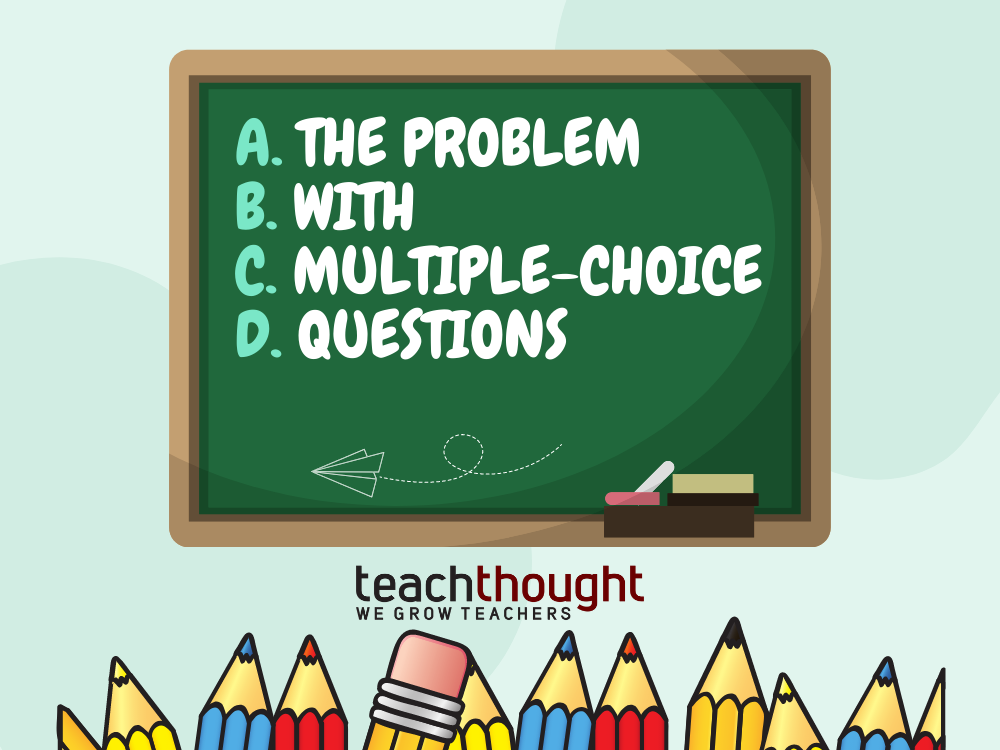
The real problem with multiple-choice questions isn’t assessment design as much as it is function and tone–and these things matter.
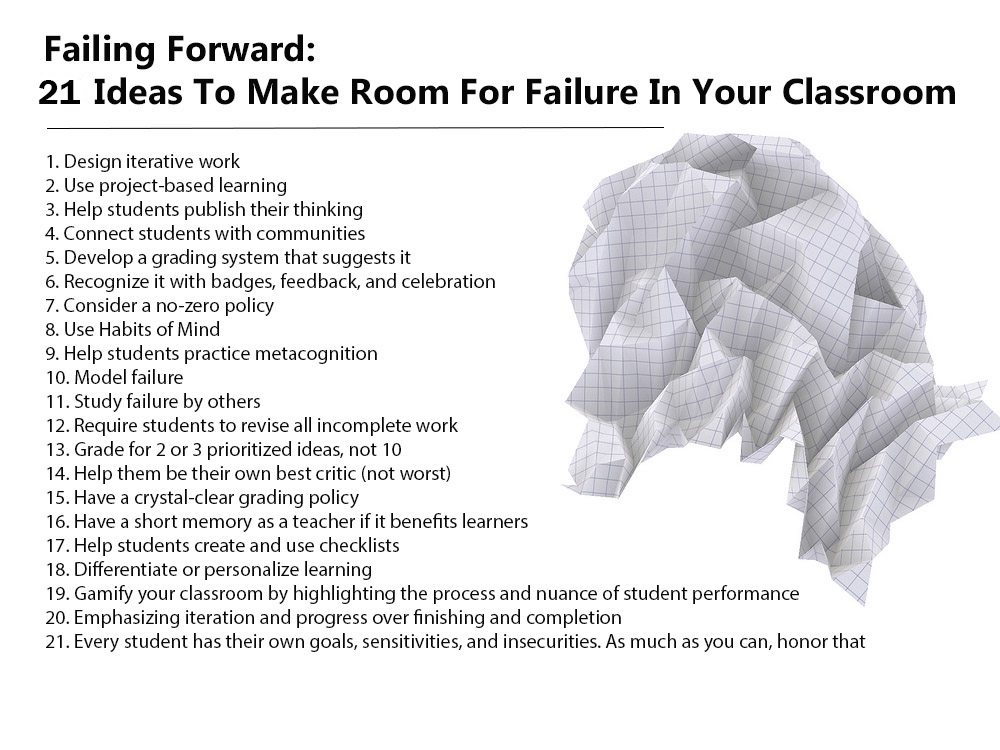
An example of ‘failing forward’: “Your first two drafts didn’t work so well, huh? What can you take from each of them–what’s salvageable?”
Teaching African American students starts with you. Through critical and parallel inquiry, you can help African American students find their own answers.
BYOD (bring your own device) provides students not just with a device, but apps–and thus pathways–to solve problems.
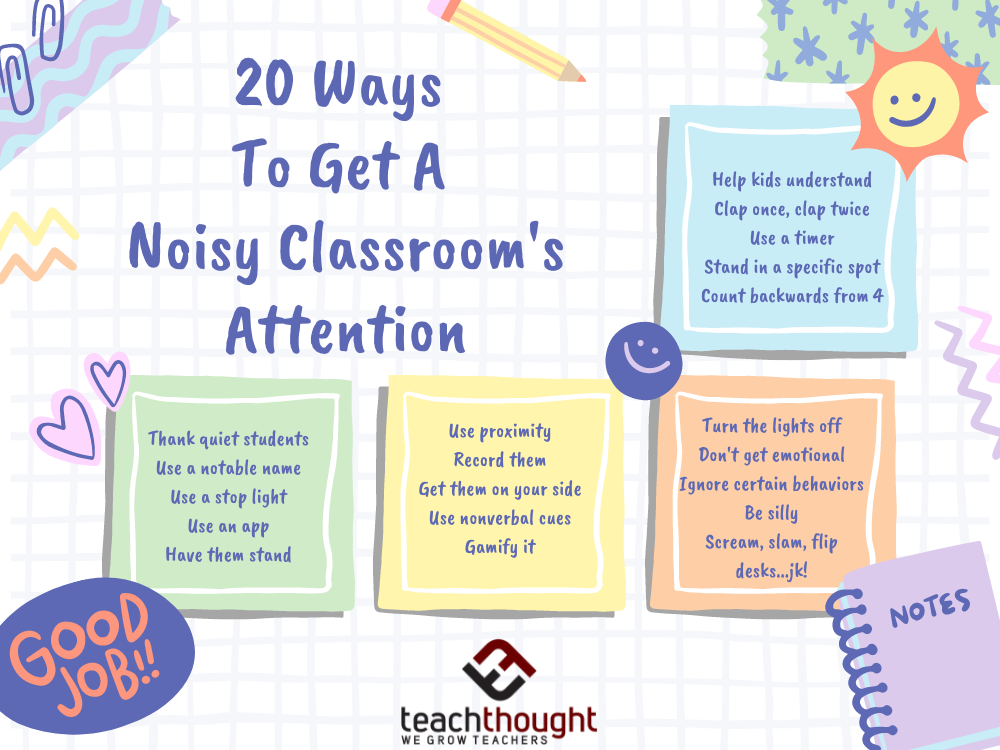
Stand at the front of the room and say out loud, “Clap once if you hear me, clap twice if you hear me,” while modeling the clap.
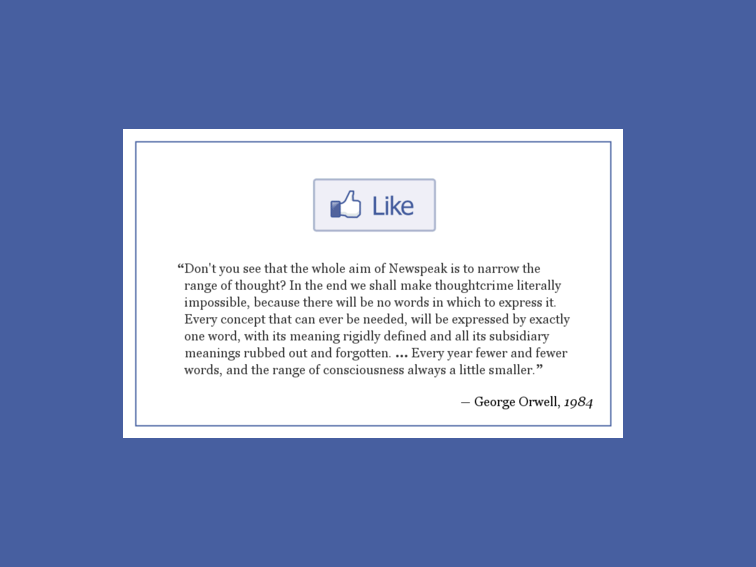
The arguments for and against briefer forms of digital communication are a bit of a dead horse, so there’s no need to rehash. One thing that makes it interesting is the inclusion of this form of communication into a larger macro pattern, and tying it to a kind of prescience from Orwell so many years…
Students are conditioned to believe that someone beyond their family or teacher will be automatically and genuinely interested in their ideas.
Who gets to say you’re doing a good job as a teacher? When you go to bed at night, whose approval are you really looking for?
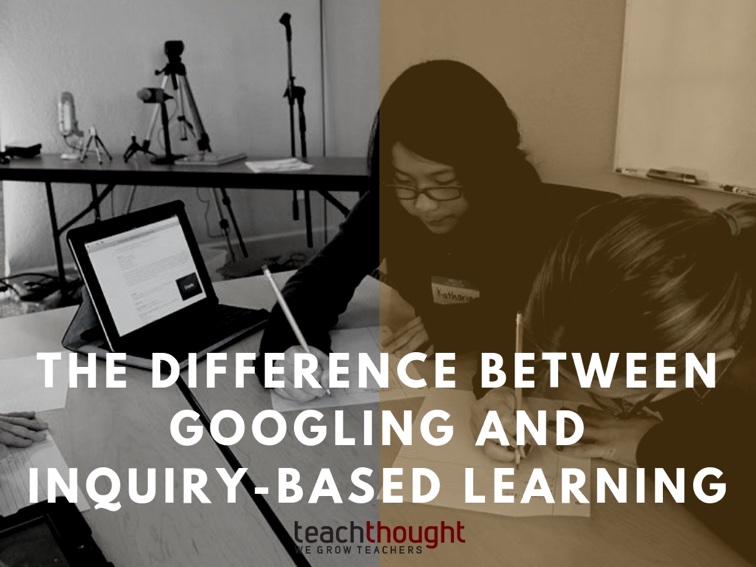
Search is about finding pieces, knowledge is about knowing the potential value of those pieces.
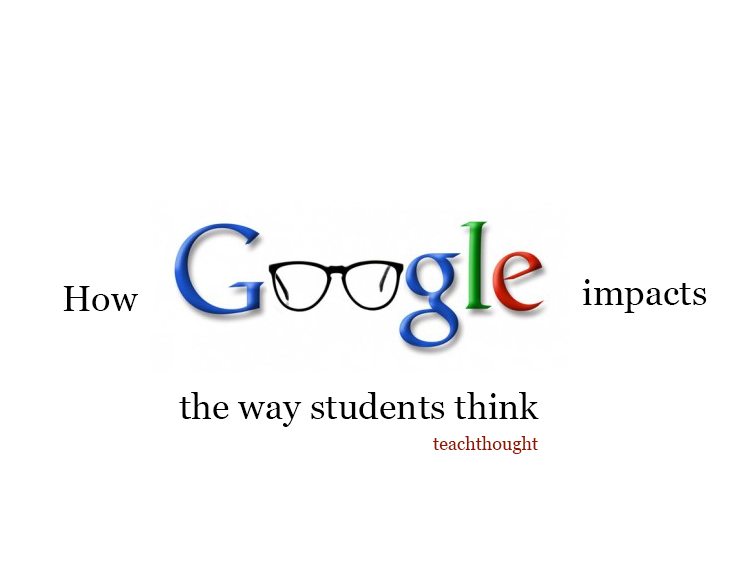
By ignoring the phases of inquiry learning, premature Googlers often find the information they want rather than the information they need.